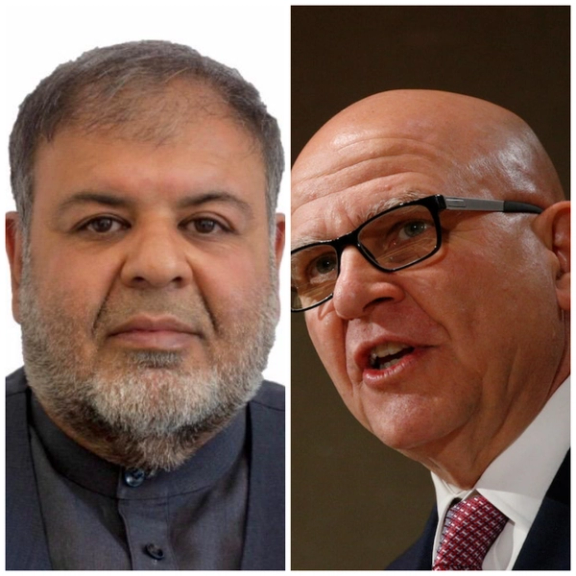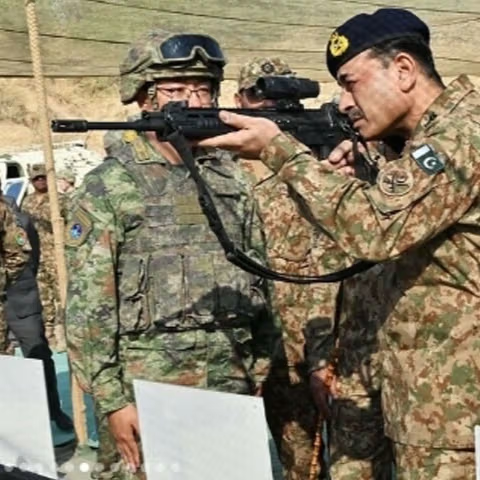In a statement released to mark the fourth anniversary of the Taliban’s return to power, the group said its operations targeted Taliban bases, checkpoints and gatherings across Kabul, Parwan, Balkh, Badghis, Herat, Kunduz, Takhar, Baghlan, Kapisa, Faryab, Panjshir, Sar-e Pul and Laghman provinces.
The front also said Taliban “morality police” from the Ministry for the Propagation of Virtue and Prevention of Vice have recently been added to its list of targets after allegedly harassing women and men. Fourteen such officials were killed or wounded in three provinces over the past year, it said.
“The people of Afghanistan are weary of Taliban tyranny and oppression, and resistance against this group will continue,” the statement read.
Afghanistan International could not independently verify the claims. However, the United Nations and local sources have previously confirmed several attacks attributed to the Afghanistan Freedom Front. The Taliban, which rarely comments on opposition offensives, has not responded to the group’s latest claims.
The Afghanistan Freedom Front launched its armed campaign against the Taliban in early 2022, months after the group seized power.

